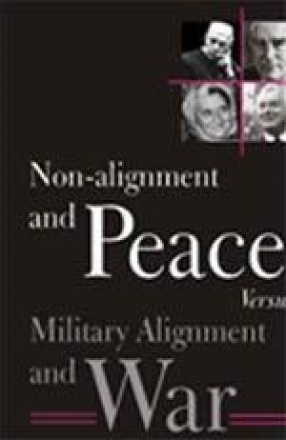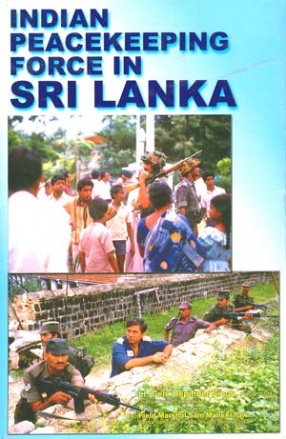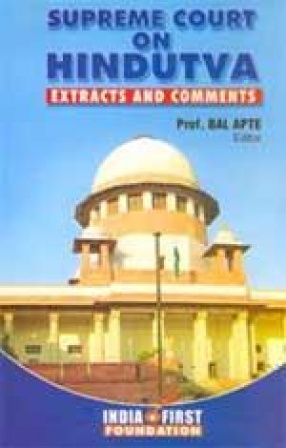Non-alignment and Peace Versus Military Alignment and War
Synopsis
In this book, Dr. Kuruppu traces the peaks and troughs in the changing character of the bilateral relationship between the two democracies, India and Australia, in the post-world war period 1947 to 1975. The book claims a degree of originality in its interpretive focus : the impact of personality on the making of foreign policy. The book has a much greater Indian representation than has been previously attempted in other political writings or media reports relating to the India-Australia bilateral relationship. The case for a stronger Indian perspective, springs from the impression that Australian scholarship has had little reason, and experience of India, to evaluate the relationship from other than an Australian/Western Cold-War view of the world. And, of course, this includes Australia's difficulty in understanding the Indian mind, as Richard Casey, Australia's Minister for External affairs in the 1950s, was constrained to observe. This was also the view held by Prime Minister Nehru in regard to the West in general. The earlier lament among Australian academics, that India studies, and India-Australia relations, failed to adequately feature in university degree programmes, has, in recent years, been partially rectified creating considerable student interest in the topic, not least because of India's growing regional and global importance. The book will make a valuable contribution to knowledge of international relations during the Cold War period, and, in particular, the impressive role played by Jawaharlal Nehru with his peace initiatives and leadership of the emerging, independent nations of Asia and Africa. Importantly, it would also help improve the effectiveness of Australia's, and the West's, diplomacy as it seeks to build constructive and enduring relations with India, and also with other nations of the region, in these uncertain times. The book also examines Prime Minister Whitlam's (1972-75) impact on the bilateral relationship. Whitlam's enlightened attitude towards India, and Asia, led to the emergence of an Australia capable of more independent foreign policy framing underpinned by regional factors, rather than primarily on the imperatives of its Western alliance. This was helped by the enthusiastic response to Whitlam by the equally independent Prime Minister of India, Mrs. Indira Gandhi. It also reveals hitherto unpublished views held, and statements made, by Nehru and Whitlam : kindred spirits, different times. The foregoing, together with a discussion of the previously unexplored topic of the character of 'bilateralism,' should ensure the book has wide potential interest among academics, students, libraries and institutions, not to mention the general informed reader in India, Australia and beyond. The book posits that the India-Australia relationship has greater significance than previously recognized, as the largest democracy in the world (one of the few in the region that has steadfastly clung to a robust democracy in the face of considerable challenges, including early Western pessimism about its future viability), Indian, in the view of some, is on course to becoming a major player in global trade and regional politics in the new century.
Read more
31.50
28.35
$
35.00 $
Free delivery Wolrdwidе in 10-18 days
Ships in 1-2 days from New Delhi
Membership for 1 Year $35.00
Get it now and save 10%
Get it now and save 10%
BECOME A MEMBER







Bibliographic information